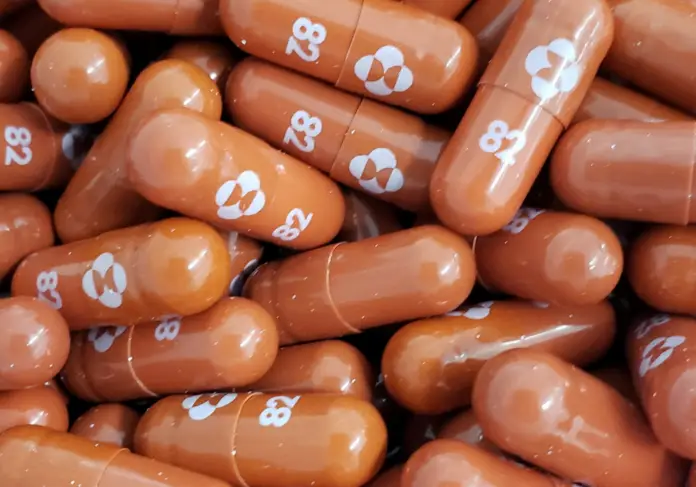Medicines Patent Pool (MPP), which is an organisation backed by the United Nations, revealed on Thursday that generic drug manufacturers would work on a more cost-effective version of the Merck’s anti-Covid pill for 105 of the world’s low- and middle-income countries.
As per media reports, 27 drug companies have signed contracts with MPP, including in Pakistan, to produce the anti-viral drug molnupiravir to be provisioned to poorer countries. The MPP, founded by Unitaid, is an organisation that assists in the production of affordable drugs for low-middle income countries.
In this regard, MPP Executive Director Charles Gore said that the move was essential to ensure the world had access to necessary treatment against the virus, exuding confidence that the pill would be available to low- and middle-income countries soon.
Earlier in October, Merck and Co, the company that had developed the anti-viral oral pill in collaboration with Ridgeback Biotherapeutics, signed an agreement to give MPP a licence to produce the drug. The MPP gave sub-licenses to the 27 generic drug companies further to produce the raw ingredients of the drug or the pill as the final product itself.
Of the 27 companies, five would formulate raw ingredients, 13 would make both raw ingredients and the drug, while nine would produce molnupiravir itself only. The companies that would take up the task are reportedly spread across Pakistan, China, Egypt, Bangladesh, Jordan, India, Kenya, South Africa, South Korea, Indonesia, and Vietnam.
Regarding the MPP project, Merck Global Pharmaceutical Public Policy Executive Director Paul Schaper has said that Merck was happy to see molnupiravir being produced for access in lower income countries. “Affordable access” was always Merck’s vision, he added.
Merck and Ridgeback Biotherapeutics would not be receiving sale royalties for the pill, till such time that COVID-19 was classified by the World Health Organisation (WHO) as a public health emergency of international concern (PHEIC).
The ongoing pandemic was given PHEIC status by WHO’s emergency committee last week, which is the highest-level alert to be issued.
Antivirals typically work by reducing the potential in a virus to multiply and according to Merck, using oral anti-viral drugs like molnupiravir as a course of treatment for COVID-19 patients could reduce the chances of severe disease and therefore hospitalisation.







